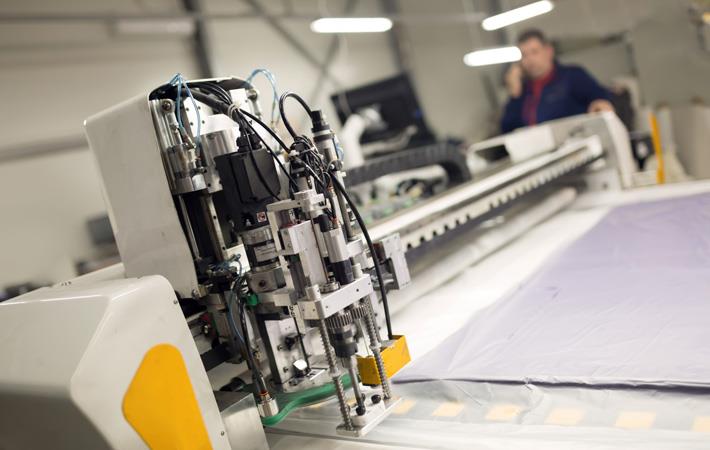Though Vietnamese textile and garment firms are aware of the opportunities the European Union (EU)-Vietnam Free Trade Agreement (EVFTA) offers to expand export markets, they are facing difficulties in complying with the rules of origin. Though the ministry of planning and investment hopes the sector’s export turnover to the EU will increase by 81 per cent, firms are sceptical.
The scepticism arises out of the fact that 60 per cent of imported fabrics come from mainland China and Taiwan at a far lower cost than those from South Korea, fabric imports from where are permitted under the EVFTA rules of origin, according to a report in a Vietnamese investment news portal.Though Vietnamese textile and garment firms are aware of the opportunities the EU-Vietnam Free Trade Agreement offers to expand export markets, they are facing difficulties in complying with the rules of origin. Though the ministry of planning and investment hopes the sector's export turnover to the EU will increase by 81 per cent, firms are sceptical.#
One such is Song Hong Garment JSC, which said the company cannot meet this requirement, and therefore, will not be able to tap into the benefits of the FTA. Additionally, the company does not expect to suffer from this decision as its priority market has been the United States for years.
Other garment and textile producers also expressed intentions to focus on their traditional markets due to the low cost of materials from China. Even when the delays in supply from China due to coronavirus pushed them to look for raw material imports from other markets like South Korea, India, Bangladesh, and Brazil, many saw this as nothing more than a temporary solution.
Pham Xuan Hong, chairman of the Ho Chi Minh City Textile Association, said China simply cannot be replaced as the main supplier due to its much lower costs, while Truong Van Cam, vice chairman and general secretary of the Vietnam Textile and Apparel Association (VITAS), said that a significant portion of the textile industry's feedstock is from China.
But the EVFTA opens opportunities for businesses with material autonomy as well as those with large EU groups of customers, such as TNG Investment and Trading JSC (TNG) and Thanh Cong Textile Garment-Investment-Trading JSC (TCM).
Fibre2Fashion News Desk (DS)
